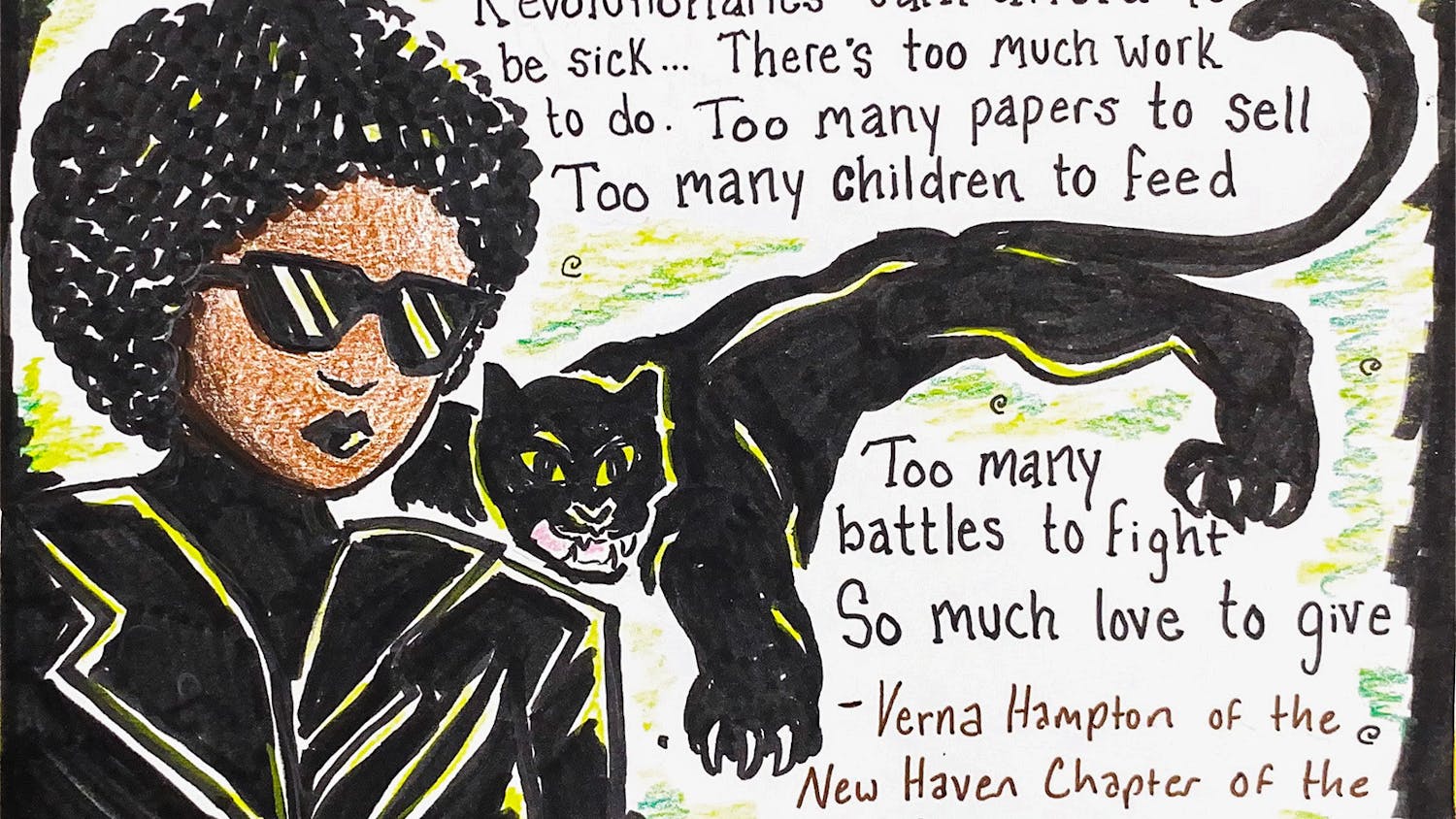The New Mexico Film Office has announced a new training program for intimacy coordinators, who serve as on-set mediators focused on decreasing sexual violence and maintaining a safe and supportive work environment for all actors and staff involved in simulated sex scenes.
The new role on film crews emerged in the wake of the fight against workplace discrimination and exploitation in the entertainment industry. In a historically male-dominated field, there have been many cases of men committing sexual assault and using the industry’s toxic power structures to exploit talent and crew on set.
The training program will take place over 16 weeks and cover topics ranging from consent, power dynamics, LGBTQ+ allyship, gender and sexuality literacy.
Teresa Jones, an intimacy coordinator working in New Mexico, defined her role as someone who “ensures a safer environment for actors performing in scenes with nudity, simulated sex and other forms of intimacy while helping the director to realize their creative vision.”
When comparing the oversight required to execute other types of risky scenes, it becomes clear that support for talent in intimate scenes has been lacking in the past.
“When a scene involves stunts, animals or children, the need for specialized personnel to help mitigate the physical, psychological and legal risks associated with these situations is rarely disputed,” Jones said. “Creators working on scenes of nudity and simulated sex are also exposed to these kinds of risks and deserve the same consideration.”
Intimacy coordinators also assist in creating accurate, yet safe, scenes for actors, crew and directors.
“Someone who is knowledgeable about consent, power dynamics, sexual dramaturgy and the use of physical barriers in various simulated sex scenarios is essential for the creation of intimate content without compromising the realism that modern audiences expect,” Jones said.
Jones also emphasized how this helps the creative talent fulfill their visions for the story they are crafting.
“When actors arrive to set knowing exactly what is expected of them in an intimate scene and that they will not be violated or harassed, they are free to focus on their performance and do their best work,” Jones said. “Directors can also focus more on directing rather than being distracted by things like what’s in a performer’s nudity rider (contract) and conflicts between performers.”
As New Mexico’s role as a film production hub continues to expand, Jones said the demand for crews to fill this important job will grow.
“Now that major studios are starting to require the use of intimacy coordinators for scenes of nudity and simulated sex, and with the increased production volume coming our way in the future, it’s important that we can meet this new staffing requirement locally,” Jones said.
Get content from The Daily Lobo delivered to your inbox
Leslie Fleming-Mitchell, a local Screen Actors Guild actress and producer, described what life is like for an actor without an intimacy coordinator for support.
“I've done film and TV since the mid-80s, including lots of sexy or intimate scenes, and I was on my own,” Fleming-Mitchell said. “I had to figure out how to take care of myself.”
As an actress, Fleming-Mitchell said that on one occasion crew members would fill the structural void that would eventually be filled by the intimacy coordinator position.
“Once, my character was to be naked in bed with my/her boyfriend, and when the scene begins, he gets out of bed. The women from wardrobe were my protectors on that shoot,” Fleming-Mitchell said. “They made sure I had privacy getting in and out of the bed and that only essential crew were present.”
Despite the informal support system created by cast and crews, the lack of defined parameters puts unnecessary pressure on individuals to advocate for themselves.
“I had to set my own boundaries, negotiate everything with my male co-stars, every detail of our kissing and more intimate scenes, and that took courage,” Fleming-Mitchell said. “Not every woman can do that. Not every man can. It would've been nice to have someone addressing the situation and suggesting ways for us to feel safe and comfortable.”
Fleming-Mitchell said the new crew role creates a much calmer environment for actors to express themselves in their scenes, no matter the gender.
“It provides actors with a great sense of security, safety and well-being, and prevents actors from taking advantage of their co-stars because they think they can,” Fleming-Mitchell said.
As shown over the past decade — and indeed, since the beginning of the industry itself — sexism has pervaded film culture, yet some are hopeful that with these types of structural changes there is hope for a more inclusive, safer future for actors taking on intimate roles.
Dylan Haworth is a freelance reporter at the Daily Lobo. He can be contacted at news@dailylobo.com or on Twitter @DylanHaworth2






